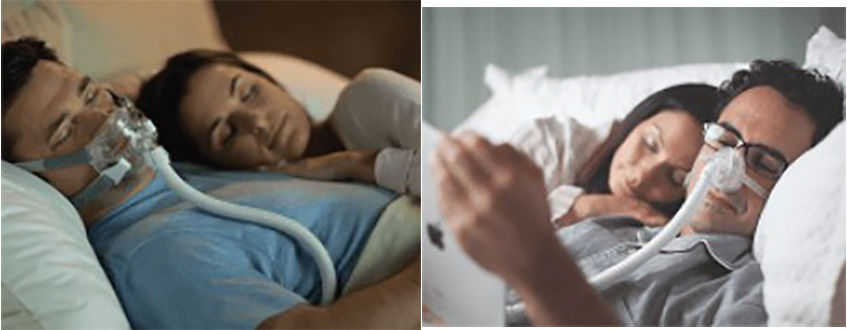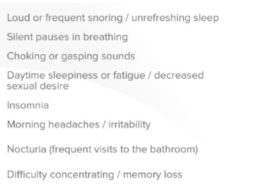
Key consideration when choosing a CPAP Mask
The choice of your CPAP mask is possibly the most important decision to be taken in CPAP therapy. There are many vendors and many combinations. Choice of possibly the “lowest cost” mask could impact the effectiveness of your therapy as well as your long term adherence. 50% of people do not adhere beyond 12 months.
Most medical aids allow you to repurchase a new mask on a regular (ie 12 month) basis. Mask warranty is typically 3 months.
The mask choice is one of the factors impacting this.
As a start, the following are a few items to be aware of. Mask types: Masks can be classified as Full Face, Nasal or Nasal Pillow. Headgear is used to position the mask on the face and allow tightening to avoid air leakages. In the case of Full Face masks these cover your mouth and nose. Nasal masks cover the nose only. Nasal “pillows” are becoming more popular. In these masks the nose is not covered and the nasal access rests directly on the mask-flow access making a comfortable fit. These masks have minimal facial contact and no forehead support. They are light and comfortable. Gel or silicon frames exist to allow comfort.
From a purchasing perspective:- 25% of people purchase Full face masks. It is the mask of choice if you suffer from allergies or any comorbidities requiring mouth breathing. Difficulties are caused by facial hair, claustrophobia and leakage around the eyes.
- >50% of people purchase nasal masks. A chin strap can be used as well to keep you mouth closed.
- 25% of purchases are for pillow type masks where the pillows simply rest on the entrance to the nostrils. A disadvantage of nasal pillows is for high pressures (ie +14) that could result in nasal dryness and discomfort.
Key factors when deciding on a mask would include:
- Body sleeping position and impact on pipe access: Having piping access above the head will help if you are an active/side or stomach sleeper. Piping above the head allows flexible sleeping patterns. Nasal pillows also support you if you lie on your side and minimise air leakage.
- Visibility when wearing the mask, especially if you watch TV or read before sleeping: Forehead supports impact a clear line of vision and could be problematic. Hence you should use a full face mask which fits under the nose (instead of over it). A nasal pillow or nasal mask will also help.
- Claustrophobia: Similar to visibility you will need to choose a mask that does not have forehead supports that restrict your line of vision.
- Irritation- at rest points of the mask: Ensure your mask contains gel or silicone contact areas. Consider “pillow” masks to reduce contact points.
- Facial hair– facial hair results in a risk of mask leakage due to uneven surfaces. Nasal pillows may be best suited for this if you are a nose breather. If a mouth breather you would need to trim the facial hair and choose a full face mask that has a cushion allowing contouring to your face and facial hair.
- Shape for small and wide faces– most manufacturers have a range of sizes for masks incl the headgear. In the case of nasal masks usually they come as a “fit pack” with multiple mask inserts to support different face sizes. The mask fitting is specifically important for this grouping of patients to avoid air leakage. red marks and irritation
- Factors including leakage, red-marks and general irritation– a suitable mask fitting during titration is essential to identify a patient’s specific concerns. Feedback after the titration helps in ensuring patients fully understand their needs when making a purchasing decision.









Write a Comment